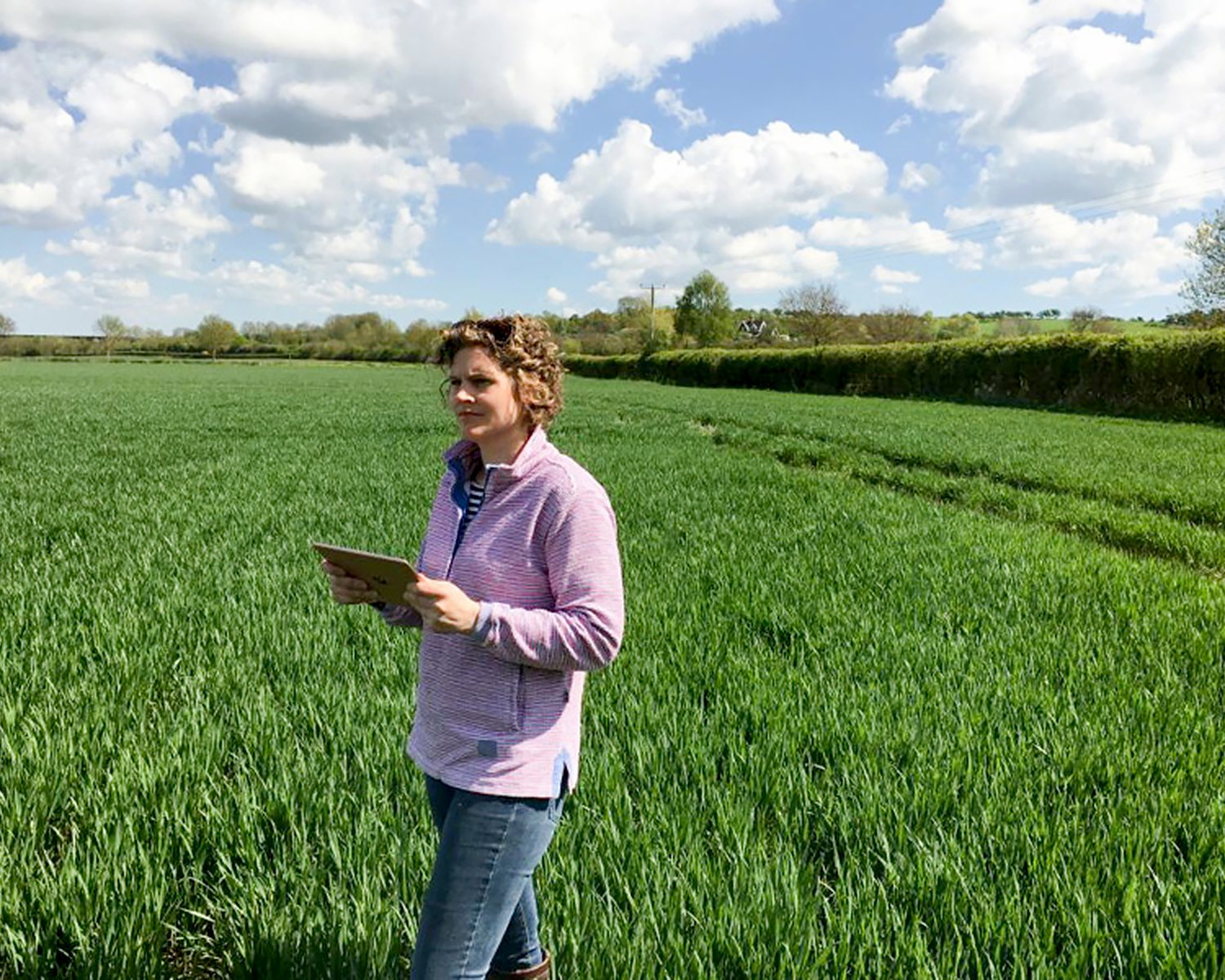Sustainable – people profit planet, without profit, people and planet suffer
Jan. 8, 2020
Posted in Sustainability

The Paris agreement has driven companies to “do something” as investors are now asking more probing questions. However, because the commodity markets are unwilling to reward sustainable products in their pricing, there is an ugly dynamic. The farm becomes the point at which sustainability (and the value associated with that) is generated. Arguably in the UK many farmers are as sustainable as the outbound price of their product will allow them to be. Where farmers are selling in to a market which doesn’t differentiate from a price perspective between sustainable and unsustainable, there is little opportunity to make different decisions, for better outcomes.
Large businesses will not reward the farmer for sustainability in the financial value of the product, so often spend five or six figure sums on programmes that “tell a story”, to build brand equity.
However, there is often little or no financial value passed back to the farmer on an individual level.
More often it involves consultants delivering programmes which offer little value, or some value to a few farmers, and little value to most farmers as the first link in the chain.
There are a few things that can change this, but it will be the money (investors and shareholders) that makes the difference.
If investors care about sustainability, they should get savvy about ground truthing and holding companies to account, this is especially important where claims are being made to build brand equity. Without good, high-integrity, proof and understanding of what is happening in supply chains on a day to day basis they risk buying in to the emperor’s new clothes.
Businesses developing sustainability programmes also need to deal with uncomfortable truths, yes it is a jungle out there in retail, but if they are developing programmes for their own benefit and not sharing that benefit with farmers generating the value, it doesn’t say much for their morals or their ability to have a grown up conversation in the market place.
If everyone continues to turn a blind eye to this, supply chains will be increasingly long, murky and brittle.
I often hear that block chain will be the salvation of supply chain integrity. On some level, where supply chains are long and murky, I believe it can and will help. However in the UK where traceability is an underpinning principle of food safety across all sectors, I think we already have the IT soloutions at our finger tips. The real imperative is to harness the desire of the consumer to have well produced food, with minimal environmental impact, and help some of their hard earned cash back through the supply chain, to give farmers both headroom and incentives to make the decisions they would like to rather the decisions they are forced to.
Brand value is 60% consumer perception and we live in a world which has never been smaller or more connected. These hollow programmes will be exposed, and the risk to brand value on the balance sheet is massive.
So the answer is morally strong, high-integrity sustainability programmes – which start with paying farmers a fair price and end with story doing, not story telling.
Article written for Oxford Farming Conference